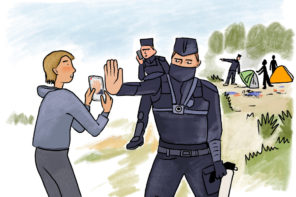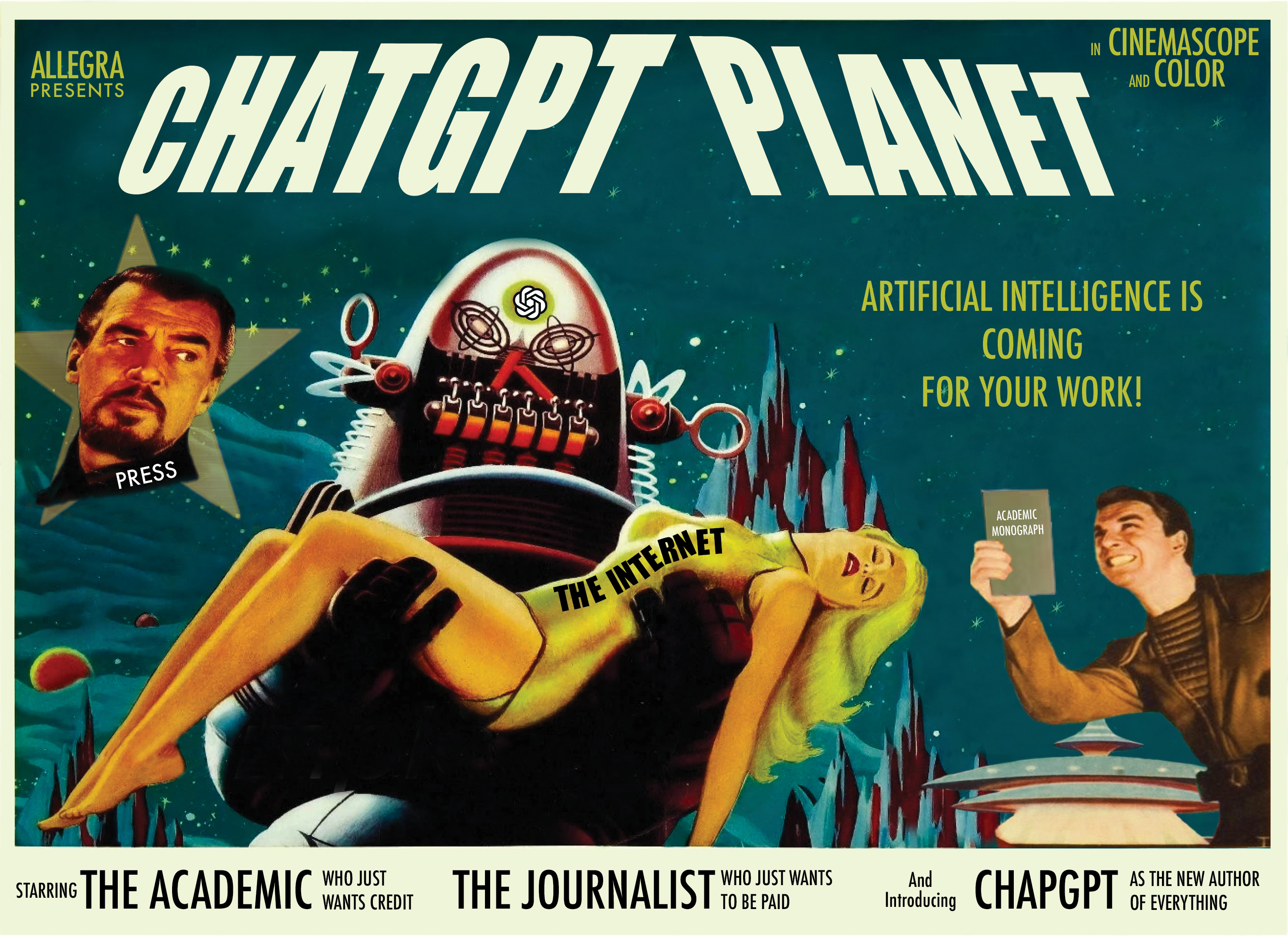1. To what extent does the notion of political agency help to understand political change?
Michel de Certeau argued that agency comes in different shapes and sizes, according to how agents are positioned in any given social field. He distinguished between tactical and strategic action. If the powerful are able to deploy “strategies” to achieve their goals, “tactics” refers to the ad-hoc, improvised, clever moves and diversions through which people who lack power and visibility in any social field get by. So we can say that
political agency does not always imply political change; if it is tactical, it can also be a way of coping and making do in the face of any given system of power.
I visited the town of Raqqa during my fieldwork in Syria in 2008-09 looking at trade and business trust relations. After my visit, one of the people I had been put in touch with by another anthropologist suffered several weeks of harassment from the local security office. When I asked my Syrian friends and interlocutors back in Aleppo what I could do to ameliorate the situation, one – a middle-aged professional woman – told me I could not approach the police or security officials directly, but to wait and find out circuitously in a week or two if there was still pressure on them, and if so, to consider introducing myself to a local university in Raqqa, but without referring to the incident. “Don’t worry, there is always a solution”, she said. Relations with the regime, she added, were like “cat-and-mouse” – a game of tactical moves and counter-moves. She compared it to the use of internet proxy servers: strictly speaking illegal, but common, and tolerated by the security apparatuses until the cat decides to come and shut one down and the mice move elsewhere to find another server.
Her description of political agency – the ways that ordinary Syrians needed to interact with the security state – recalled De Certeau’s notion of tactical action: the way that less powerful actors cleverly turn a given system to their advantage, without confronting or challenging it. This also resonated with the way other Syrian friends related everyday life to the political. Many Syrians understood the regime to govern by producing a “patterned disorganisation of everyday life” (to borrow a phrase from political scientist Steven Heydemann). Some saw this as a deliberate strategy to deprive ordinary citizens of the capacity for strategic mobilisation, and to keep them in the realm of tactical action – in other words, without power or visibility in the political field.
2. Are Area Studies still relevant to understand contemporary dynamics of political and social transformation?
Area studies can help to foster a depth of historical knowledge and philological expertise which can enrich disciplinary fields in the social and political sciences. But we should be wary of compartmentalising our analyses along regional lines. For example, it is hard to understand recent Syrian history without connecting it to transformations in the former USSR and its orbit. In the early 1990s, Aleppo’s economy and political scene were dominated by pyramid schemes which I think were connected to similar schemes that arose in the postsocialist economies of Romania and elsewhere in Eastern Europe and Russia. Commercial, educational and cultural connections between Russia and Syria remain strong and are an important part of understanding Putin’s recent adventures as he seeks to maintain his presence and extend his military power in the country.
For all the strengths of area studies, disciplinary fields such as political science or anthropology can also bring a wider comparative lens and help identify such connections to transformations beyond the region.
This seems particularly important now, with military intervention, migration and refugees bringing Europe and the Middle East into ever closer articulation. How can we illuminate these connections: through studying narratives of crisis, crises of citizenship, challenges to and enactments of civility…?
Visit our virtual roundtable for more responses.
Featured image (cropped) by Gabriel Saldana (flickr, CC BY-SA 2.0)







